is honda better than toyota
Is Honda Better than Toyota? Our Comprehensive Comparison
Is Honda better than Toyota? Sometimes our trusted sales advisors have to answer a complicated question like this one quickly. But we thought we'd give a thorough answer as well. Honda vehicles tend to be exceptionally reliable, even next to reliability champions, Toyota. But how else should we break down the comparison?
In this article we'll balance maintenance costs, safety, facts and figures with and driving experience and overall reception of owners—from each brand and from specific models you can find at our Imperial Valley dealership.
Key Points in the Honda and Toyota Contest
-
Honda and Toyota both offer reliable vehicles with robust engines, but Honda has a slight edge in maintenance and repair costs over the long term.
-
While Honda impresses with the CR-V Hybrid’s remarkable 37 mpg, Toyota is hot on its heels with the RAV4 Hybrid’s 39 mpg.
-
Toyotas are generally good on the wallet, costing about $441 per year on repair fees on average. But Honda, on the other hand, only costs $428 per year to repair, making it even cheaper to maintain.
-
Toyota’s Prius recently earned Top Safety Pick +; Hondas Accord and HR-V recently won Top Safety Pick +, while the Pilot, Odyssey and CR-V got Top Safety Pick.
-
Out of a recent depreciation comparison, both brands offer great value retention; Honda Civics depreciate about 16.3% after 5 years while Toyota Tacomas depreciate 14.9% over the same period.
-
Toyota leads with a wider range of hybrid options and Toyota Safety Sense and its designs getting consistently high safety ratings while Honda excels in driving dynamics and advanced technologies like HondaSensing.
Reliability Comparison: Honda vs. Toyota
The reliability debate between Honda and Toyota remains intense. Both brands offer extensive lineups promising longevity and dependability. But can Honda match or even surpass the steadfast reputation of Toyota?
Shifting our focus to reliability makeup, let's look at how these two brands have earned a reputation for endurance, ranging from their resilient engines to detailed maintenance costs.
Engine Reliability
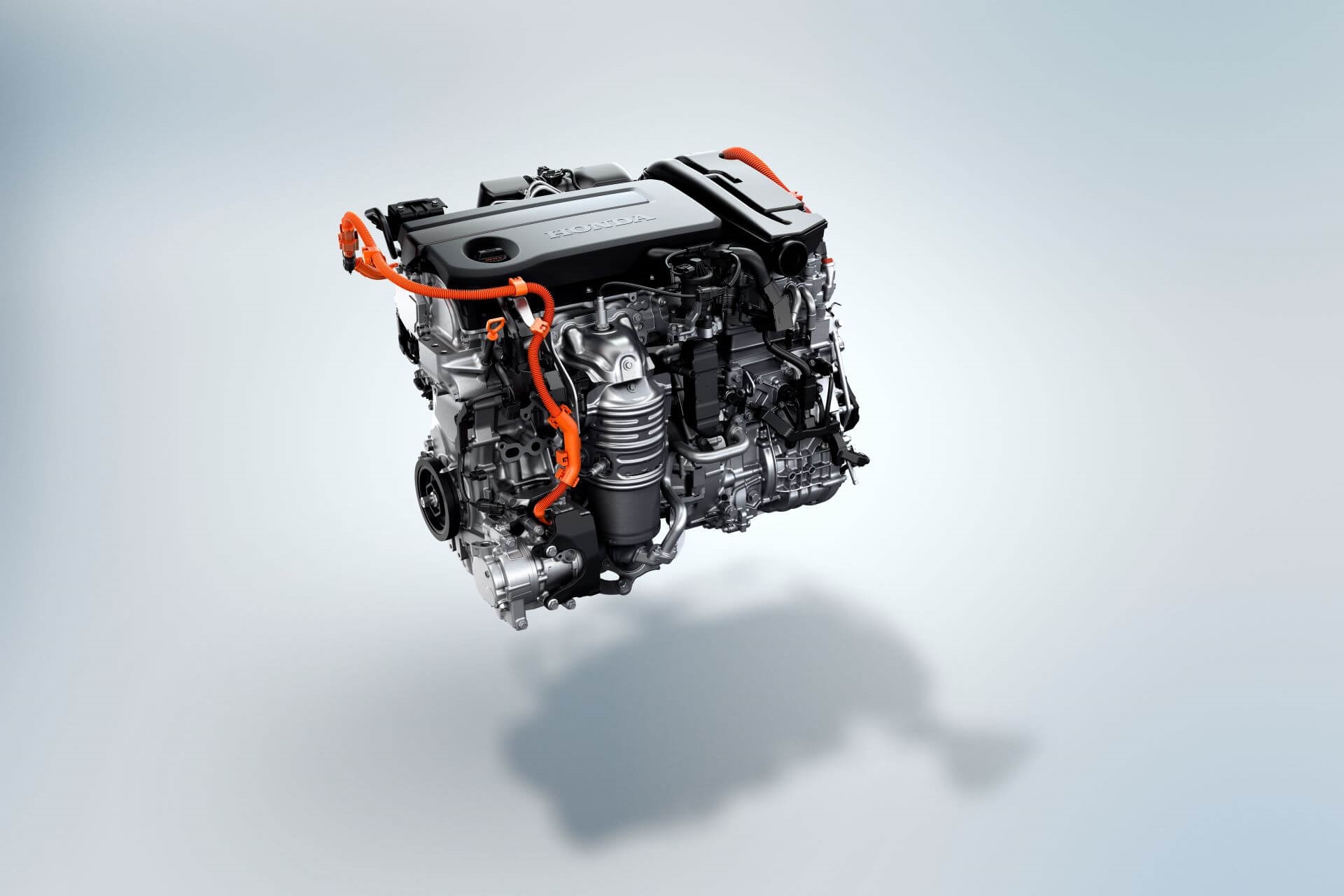
Under the hood, the heart of any vehicle is its engine, and precision that defines a car’s soul. Toyota vehicles have long been celebrated for their engine reliability, requiring fewer pit stops for repairs.
Yet, Honda gets similar recognition with engines that not only perform but are also known to hit near-million mileage milestones that would leave other cars in the dust. Despite the mass production of Honda’s engines almost as reliable as those of Toyota, they are still renowned for their robustness and longevity.
Maintenance Costs
While Honda vehicles their engaging driving dynamics, the cost of keeping them running smoothly is a chief concern. Toyotas are generally good on the wallet, costing about between $441 per year in repairs.
Honda, on the other hand, only cost $428 per year to repair. The reliability and quality of both brands mean that maintenance visits are less frequent, allowing for more time on the road and less in the shop.
Between the two brands, the cost difference is marginal when you consider the long-term relationship you’ll be forging with your vehicle.
Cost of Ownership
The journey of car ownership is measured not just in miles, but also in the investment of time and money. Beyond the initial sticker price, factors like depreciation, insurance, and maintenance paint a fuller picture of the true cost of owning a Honda or Toyota.
Whether it’s the relative cost-conscious value of the Toyota Corolla or the solid resale value of the Honda Accord, each brand offers its own appeal to the cost-conscious driver. Both these makes have a price tag, so you might consider exploring prequalified financing options to spread out the cost of ownership, making it easier to manage your investment over time.
Depreciation
The specter of depreciation looms over every new car purchase, a silent countdown that can significantly influence the long-term value of your automotive asset. Honda Civics are known to hold their value well, typically depreciating about 16.3% after 5 years. Toyota Tacomas, with their legendary longevity, edge ahead slightly, depreciating 14.9% over the same period.
While the Honda CR-V and Toyota 4Runner showcase the spectrum of value retention within each brand, it’s clear that both Honda and Toyota are wise choices for those looking to minimize the financial sting of depreciation.
Insurance Costs
Insurance is an often overlooked but integral component of the total cost of ownership. Here, Honda slightly undercuts Toyota, offering slightly lower premiums due to factors like fewer claims and perceived repair costs.
The Honda Civic, for example, tends to be just a little more expensive to insure compared to the Toyota Corolla. However, that's because insurance companies view the sportier Civic as more tempting to younger, higher risk drivers.
Safety Features: Which Brand Excels?
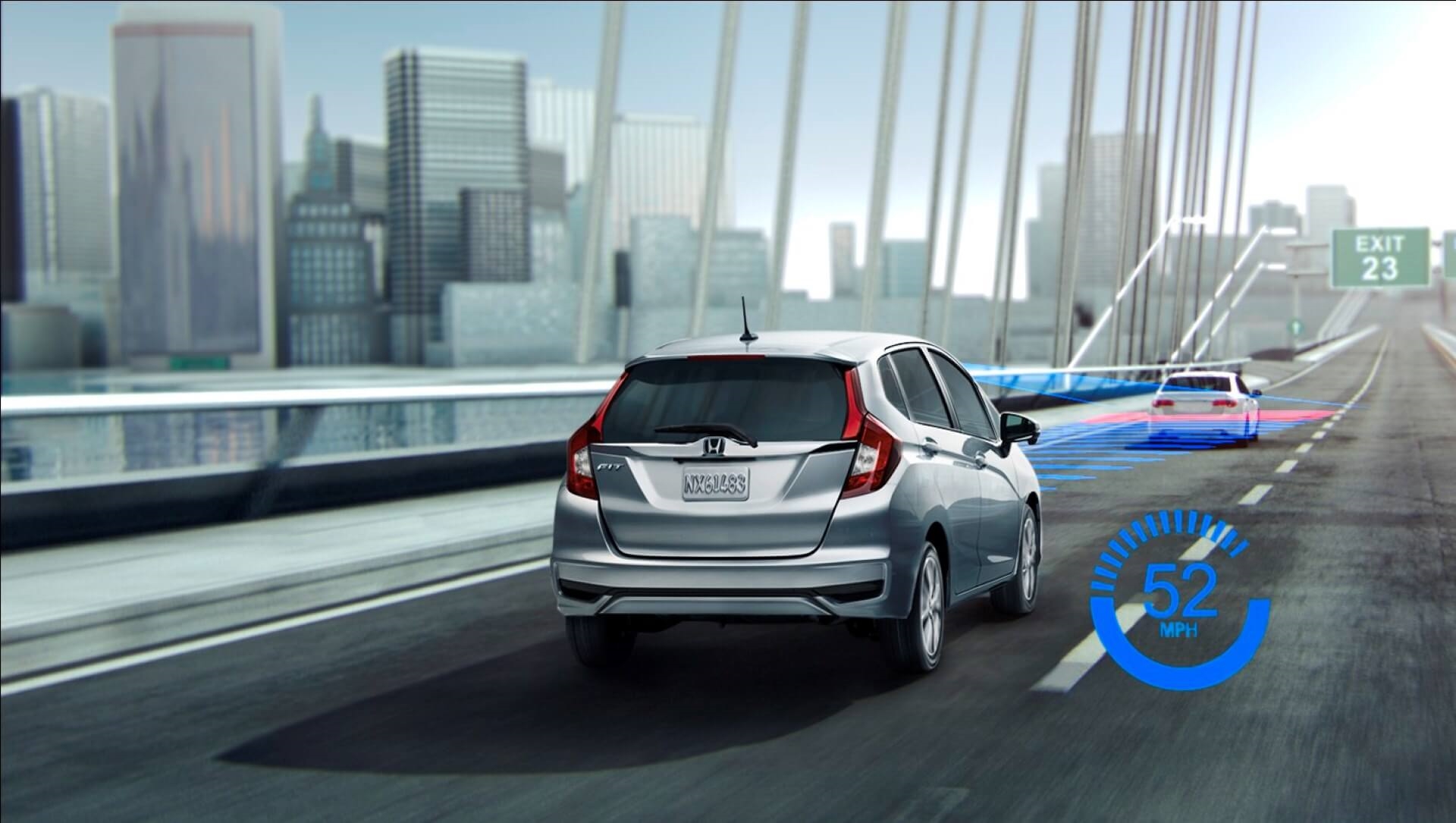
Honda and Toyota have both engineered designed to shield their occupants from road hazards the outside world.
With state-of-the-art safety suites and impressive crash test accolades, these two makes have made safety a cornerstone of each brand promise. Buckle up as we explore the advanced safety features and crash test ratings distinguishing these brands.
Advanced Safety Features
Navigating the labyrinth of modern traffic requires more than just a keen eye; it demands an arsenal of advanced safety features. Honda Sensing and Toyota Safety Sense stand as the champions of their respective lineups, offering a shield of technologies designed to predict and prevent the unpredictable.
Honda takes pride in its Road Departure Mitigation System, an automated feature designed to get you back to safety, a feature that Toyota’s suite might not be able to replicate completely.
Moreover, Honda’s adaptive cruise control takes sophistication to the next level, offering a ride as smooth as silk. Toyota, with its reassuring safety package, grants feature like pedestrian detection and lane departure alerts are not just extras but standard—making it clear that when it comes to safety, both brands are in a league of their own.
Crash Test Ratings
When vehicles such as these undergo a crash test, it’s the ratings that give you and idea of safety in such a dire event. Both Honda and Toyota consistently emerge with top ratings from authoritative bodies like the IIHS and NHTSA.
Cars like the Hondas Accord and HR-V winning Top Safety Pick +, while the Honda CR-V, Pilot, and Odyssey got Top Safety Pick. These models have received recognition for their ability to withstand and protect, earning them these coveted safety prizes.
Fuel Efficiency Showdown
As gas prices fluctuate and environmental concerns rise, Honda and Toyota engage in a showdown that’s as much about budgetary efficiency as it is about eco-responsibility. Economy cars are where these two brands shine.
Honda vehicles like the 1.5L 4-cylinder turbo and the 5-door hatchback get quite good combined miles per gallon, at 32 MPG each, while the new Corolla hatchback edges slightly ahead with 35 MPG.
But the true measure of a vehicle’s efficiency isn’t just in a single number. It’s in the full range of hybrid and plug-in hybrid options that cater to the diverse needs of drivers everywhere. Let’s explore how these two auto industry giants compare in terms of fuel efficiency.
Hybrid and EV Cars
In the realm of hybrid cars, where the fusion of electric and gasoline engines creates still greater efficiencies, Honda and Toyota both perform well. Toyota’s array of hybrid options, including the iconic Toyota Prius, has become synonymous with green driving, offering great EVs for the eco-conscious consumer.
Honda, while having a smaller EV front, does a lot with great hybrids and our OEM's first big move in the fully electric EV arena, the powerful and reliable Honda Prologue.
Plug-In Hybrids
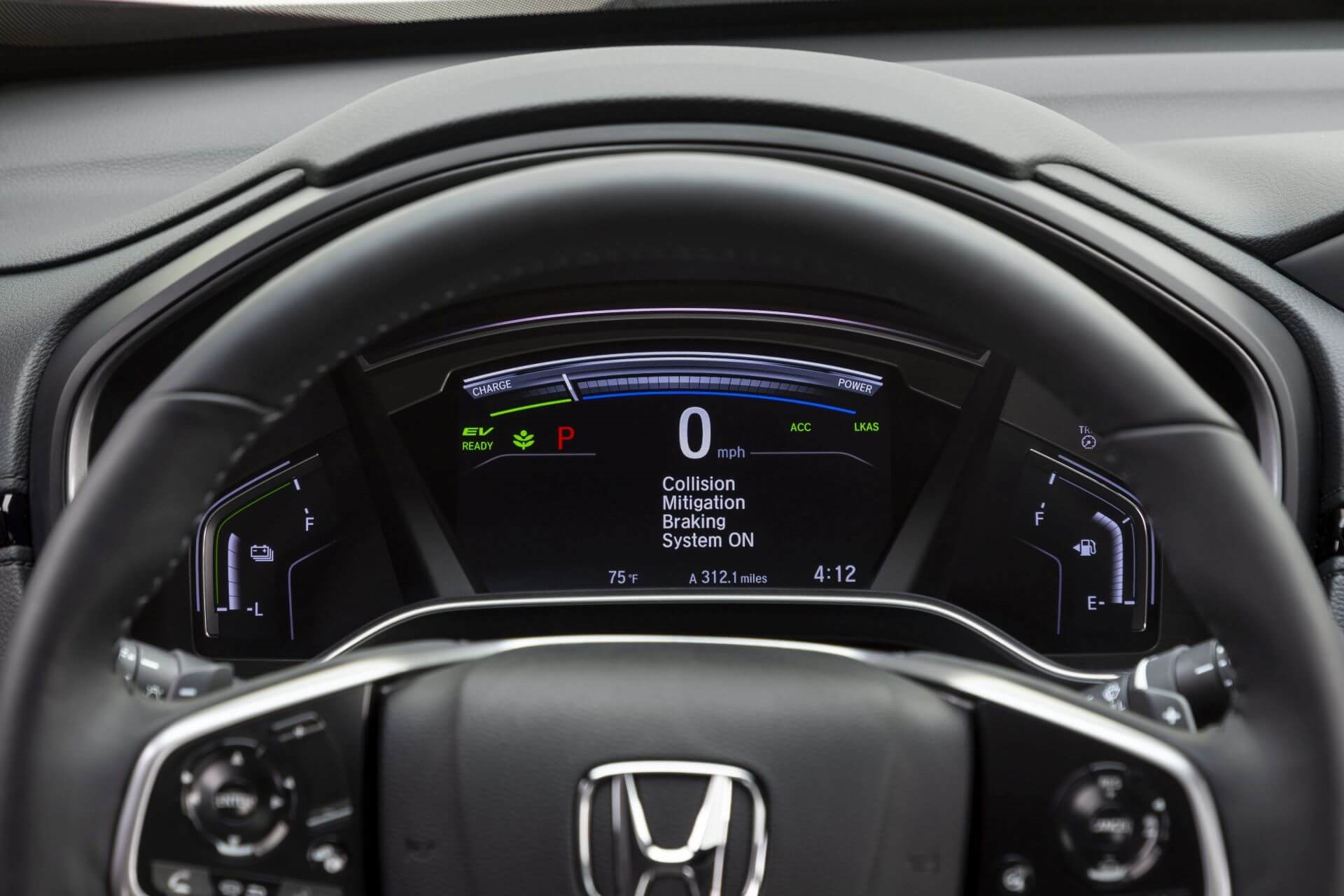
As we shift gears into the world of plug-in hybrids, the electric hum of progress is unmistakable. Both Honda and Toyota have plugged into this growing market, offering models that promise an electrified driving experience without the range anxiety of EVs. Toyota’s Prius Prime, with its expanded electric-only range, highlights the brand’s commitment to pushing boundaries.
The CR-V Hybrid, on the other hand, while just a hair pricier and less fuel-efficient than its counterpart, still offers a compelling package for those looking to leverage electric locomotion without a full EV. But you get Honda's brand and great technology from our OEM in a competitive package. In the end, it’s a choice between two futures.
Performance and Driving Experience
Honda and Toyota, each have their own philosophy of what makes a car truly move you, offer a spectrum of experiences from the adrenaline rush of a sports car to the composed comfort of an everyday model.
Honda’s Civic Type R offers an impressive 315 horsepower, while Toyota’s Camry quietly delivers more standard horsepower than models like the Accord. Let’s dive into what makes each brand’s offerings unique, and discover which one delivers the driving experience that resonates with your soul.
Sports Car Performance
The Honda Civic Type R is a track beast, with its turbocharged engine pumping out 315 horsepower, and its legacy cemented with a lap record at the Nürburgring. The Toyota’s GR Supra, with its 382-horsepower inline-six, offers great performance, delivering top-tier performance packaged in a sleek, aerodynamic silhouette.
But for those who crave the control and connection that only an included manual transmission can deliver, the Civic Type R stands alone—as the Toyota GR Supra offers it only as an option.
Everyday Models
Beyond the racetrack, in the everyday ebb and flow of traffic, performance takes on a different hue. It’s here that models like Honda's Accord and the Toyota Camry shine, offering an easy ride.
The Honda Accord, with its sporty suspension, delivers a driving experience that’s both engaging and serene, while the Camry’s potent base engine ensures you’re never left wanting for power. Both Honda models epitomize the balance between performance and comfort that customers of our Honda and Toyota inventory strive for.
Interior Quality and Comfort
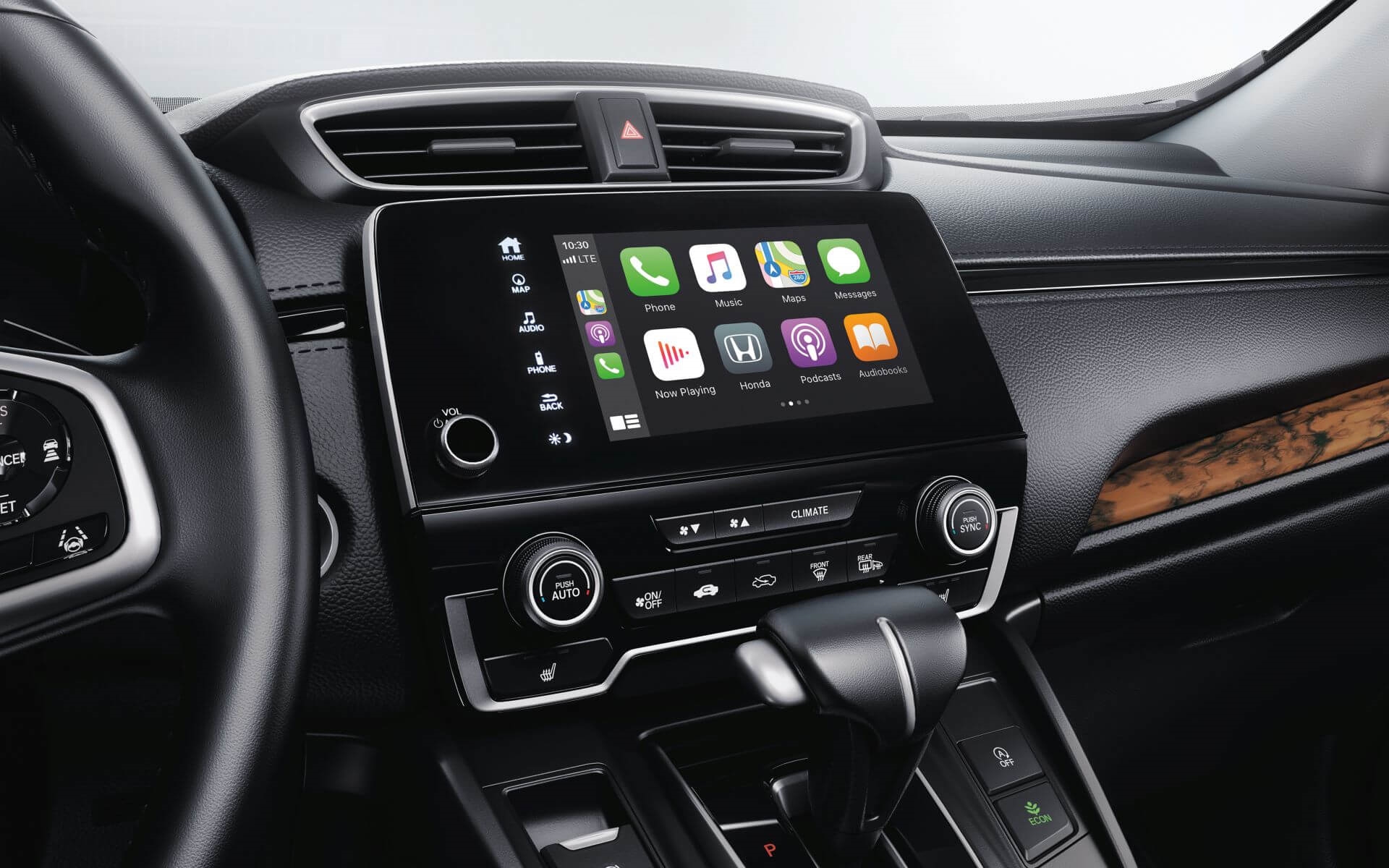
Honda and Toyota focus on interiors that cater to your senses with meticulous attention to detail. From the upscale feel of the materials to the thoughtful design of the space, each brand brings its own flavor to the table.
A newer used Honda’s CR-V, with its plush interior, sets the bar high, promising a journey that’s as comfortable as it is memorable. Let’s discover what makes the interiors of Honda and Toyota.
Materials and Build Quality
The touch of leather, brushed metal, the solidity of every knob and button—these are the details that distinguish a premium interior. Honda takes pride in using higher-quality materials throughout its range, giving a sense of luxury and refinement that enhances every drive.
The CR-V, for instance, offers a more upscale experience than its counterpart, the Toyota RAV4, making it clear that Honda places a premium on the interior feel of its vehicles.
Space and Comfort
Both Honda and Toyota excel in crafting interiors that breathe with openness and tranquility. The Honda Accord offers more passenger room than the Toyota Camry, allowing everyone to stretch out and relax.
And when it comes to cargo, while Toyota often takes the lead in sheer volume, Honda’s cleverly designed spaces and comfortable seating, especially in models like the Accord, make for a more enjoyable ride. It’s a balance of form and function, where every inch is optimized for your comfort and convenience.
Popular Models Compared Head-to-Head
When it comes to choosing between Honda and Toyota, it often boils down to a head-to-head battle of their most beloved models. Some of the most popular models from each brand include:
-
Honda Civic and Toyota Corolla: These compact cars have been locked in a friendly rivalry for decades, each vying for the title of the preferred compact car.
-
Honda CR-V and Toyota RAV4: These SUVs each argue their case in the crowded SUV arena, offering a combination of style, performance, and reliability.
-
Honda Odyssey and Toyota Sienna: These minivans cater to the unique demands of family life, with spacious interiors and family-friendly features.
Ultimately, the choice between Honda and Toyota will depend on your personal preferences and needs. Let's examine these popular models to see how they compare—apples to apples.
Honda Civic vs. Toyota Corolla
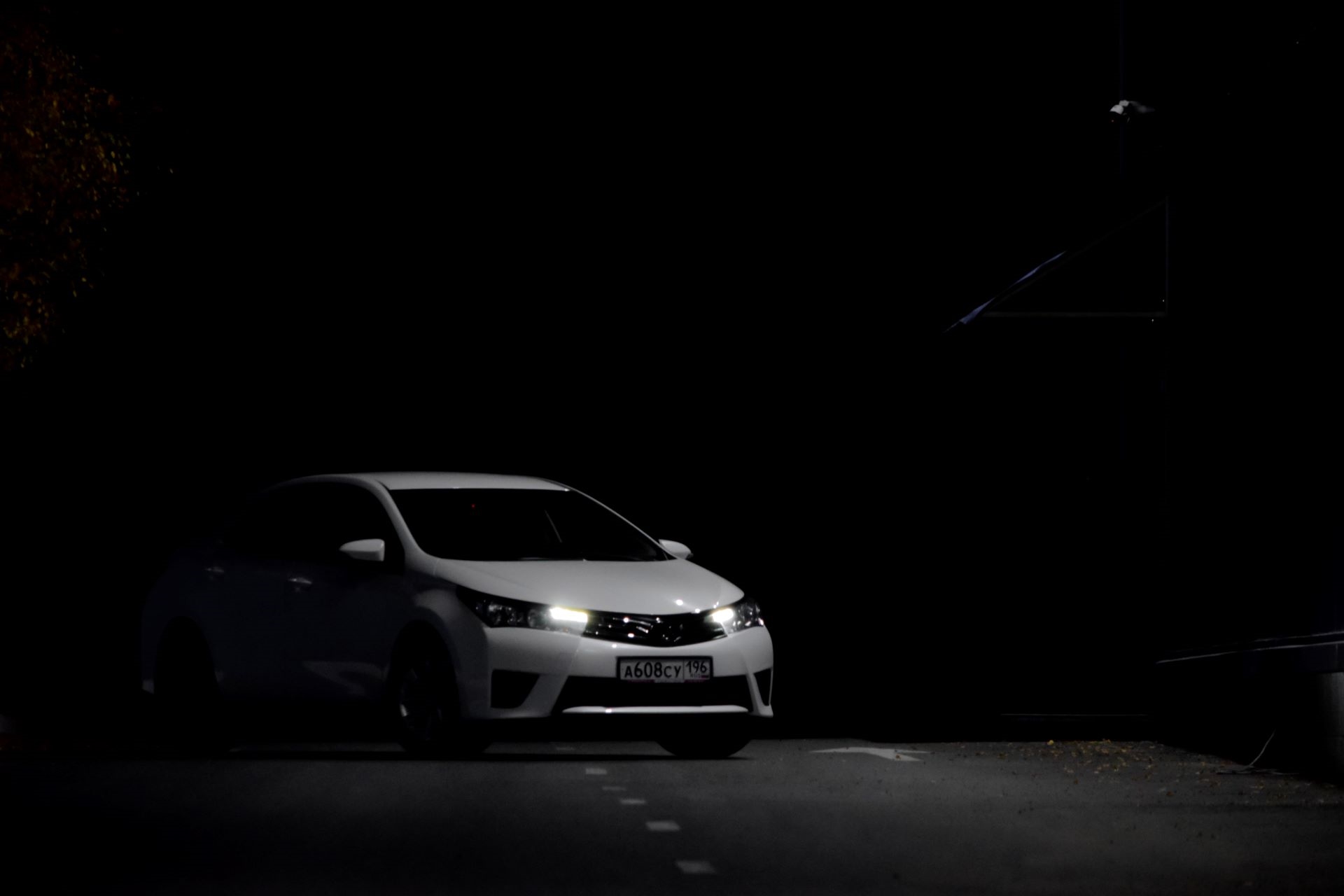
The Honda Civic and Toyota Corolla have long been the yardsticks by which our customers and trusted sales advisors measure compact cars. The Civic, with its Two-Motor Hybrid System, yielding 50 horsepower more than without, offers a more dynamic and powerful driving experience.
While both vehicles offer reliability and value, the Civic’s turbocharged, sportier demeanor might just give it the edge for those seeking a more spirited ride. The Corolla, with its 2.0L 4-cylinder, provides a balance of efficiency and responsiveness—with the option for 1.8L producing less power but good economy.
Honda CR-V vs. Toyota RAV4
In the contest of crossovers, the Honda CR-V and Toyota RAV4 are some of the most iconic SUVs out there. The RAV4 Hybrid, with its blend of features, performance, and 2 MPG greater fuel efficiency, offers a compelling case for those seeking an eco-friendly yet robust vehicle.
The CR-V, with its array of standard features and reputation for comfort, appeals to those prioritizing a refined and practical driving experience. Most of our customers emphasize the outstanding interior of a CR-V, which, we believe, outperforms the RAV4's interior.
Both models boast excellent safety ratings and offer a comfortable ride for five, but the CR-V’s slight edge in handling and cabin comforts might sway some buyers in its direction.
Honda Odyssey vs. Toyota Sienna
Family road trips and daily shuttles to school events become a pleasure in either the Honda Odyssey or Toyota Sienna, both of which offer spacious cabins and family-oriented features. The Odyssey shines with its cavernous interior and available built-in vacuum cleaner, making it great for families.
The Sienna, with its standard all-wheel-drive option, ensures confident handling in varied conditions, and with comforts like rear heated seats, it’s a comfortable living space for driver and passengers.
Though the Honda Odyssey tends to start at a higher base price, the added space and amenities may justify the extra investment for many families.
Customer Satisfaction and Reviews
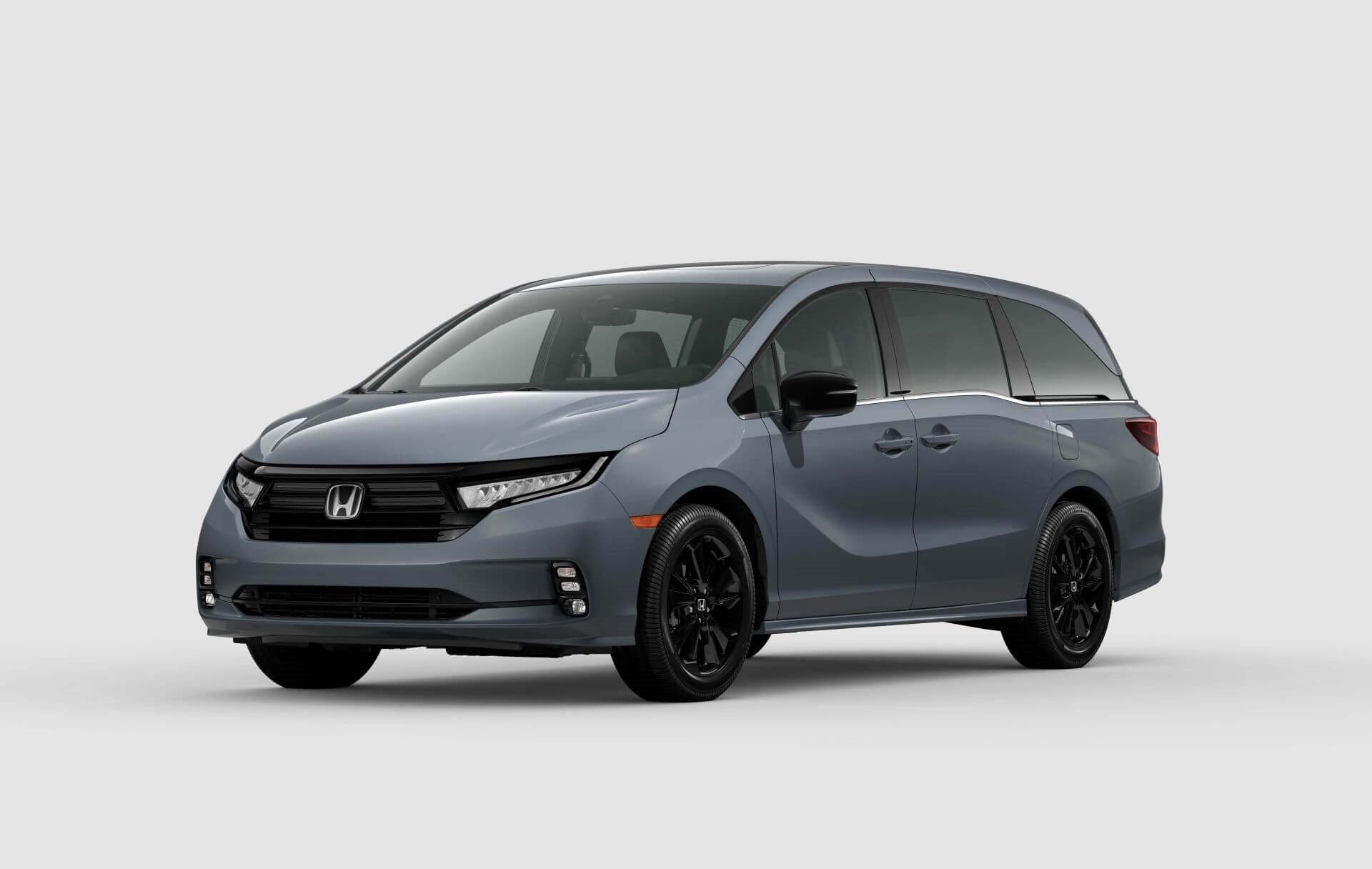
The voice of the customer rings loud and clear in the automotive world, with satisfaction and reviews often serving as the deciding factor for potential buyers.
Honda and Toyota both boast legions of satisfied customers—and both were up 5% year over year in overall customer satisfaction according to the American Customer Satisfaction Index. But what do the experts say? Consumer Reports helps us understand how these two brands fare under professional scrutiny.
Consumer Reports Ratings
When it comes to reliability, Consumer Reports is a touchstone for many consumers, and Toyota consistently ranks at the top in their surveys.
Honda placed 5th in Consumer Reports' reliability analysis, closely following Toyota—which showcases its commitment to producing reliable vehicles.
Honda Civic
The Honda Civic consistently earns high marks from Consumer Reports for its reliability, fuel efficiency, and overall driving experience. The Civic's sporty handling and comfortable interior make it a favorite among compact car enthusiasts. Consumer Reports highlights its responsive engine performance and styling though it notes that road noise can be an issue.
Toyota Corolla
The Toyota Corolla is praised for its rock-solid reliability and excellent fuel economy. Consumer Reports often cites the Corolla's smooth ride and user-friendly controls as strong points. The Corolla's reputation for longevity and $362 average annual maintenance costs also contribute to its high reliability ratings. However, some customer reviews mention that the interior materials could be more upscale.
Honda Pilot
The Honda Pilot is a standout in the midsize SUV category, earning high scores for its spacious interior, comfortable ride, this model boasts more power than the Toyota Highlander’s 2.4L turbocharged engine, which offers 265 horsepower and impressive fuel economy. Consumer Reports appreciates the Pilot's versatile cargo space and advanced safety features.
Toyota RAV4

The Toyota RAV4 is quite popular for its reliability, safety features, and fuel efficiency, especially in its hybrid variant. Consumer Reports highlights the RAV4's robust build quality and ample cargo space. The RAV4's infotainment system is considered intuitive, though some users find the ride to be a bit firm compared to competitors.
Honda Accord
The Accord gets recognition for its powerful engine options, spacious cabin, and engaging driving dynamics. Consumer Reports gives high marks for this vehicle's reliability and advanced safety features.
The Honda Accord Hybrid in particular boasts efficiency, power, sleek design and high-quality interior materials make it a standout in the midsize sedan category, though some customers note that the infotainment system could be more intuitive.
Toyota Camry
The Toyota Camry is notable in the midsize sedan category, whether new or used. It's known for its reliability, fuel efficiency, and comfortable ride—especially in the Camry hybrid version. Consumer Reports often highlights the Camry's smooth handling and user-friendly technology.
These ratings help owners understand the trustworthiness of the vehicles from real owners' perspectives from objective owner reports to subjective satisfaction levels, making both Honda and Toyota ownership a lot more knowable before you ever climb into one.
Pros and Cons of Honda and Toyota
Choosing between a Honda and a Toyota is more than a comparison of specs and features—it’s about understanding the unique attributes and occasional drawbacks of each brand. While both have earned their stripes as top contenders in the market, they each offer distinct advantages and face their own challenges.
Here are some factors to consider when choosing between a Honda and a Toyota:
-
Honda offers thrilling performance in their sports cars
-
Toyota has proven reliability built in.
-
Honda has a reputation for innovative technology and features
-
Toyota has a wide range of hybrid options
-
Honda has a strong focus on safety features
-
Toyota has a reputation for top-tier fuel efficiency
By considering these factors, you can make an informed decision on whether a Honda or a Toyota is the right choice for you. We’ll walk through the pros and cons of each brand to provide a clearer picture of their offerings.
Pros of Honda
Honda vehicles, including Honda cars, are the embodiment of excitement behind the wheel, with a driving experience that often leaves a lasting impression.
Awards such as ‘Best Cars for the Money’ from U.S. News and World Report affirm Honda’s winning reputation for providing exceptional value and strong resale value. Fuel economy is another arena where Honda shines, with non-hybrid models often meeting and beating Toyota in efficiency.
Additionally, Honda’s infotainment systems are noted for their user-friendly interfaces and advanced features, further enhancing the appeal of these vehicles. All of this is why we love to get our customers' Hondas back on a sale or trade-in, so we can keep a Honda serving multiple owners in its useful life.
Cons of Honda
However, even the most ardent Honda fans must acknowledge certain shortcomings. In some models of some years Honda has fallen short in the following ways:
-
The interior quality, while generally high, sometimes falls short of the upscale materials and finishes found in premium segments.
-
Honda’s latest exterior designs, while bold and distinctive, may not appeal to those with more conservative tastes.
-
In general, Honda hasn't taken over the truck market to the same extent Toyota has.
However, our OEM isn't resigned to letting this feedback go unresolved; each year, Honda vehicles improve upon what worked for our customers, and the rest of the world buying Hondas.
Pros of Toyota
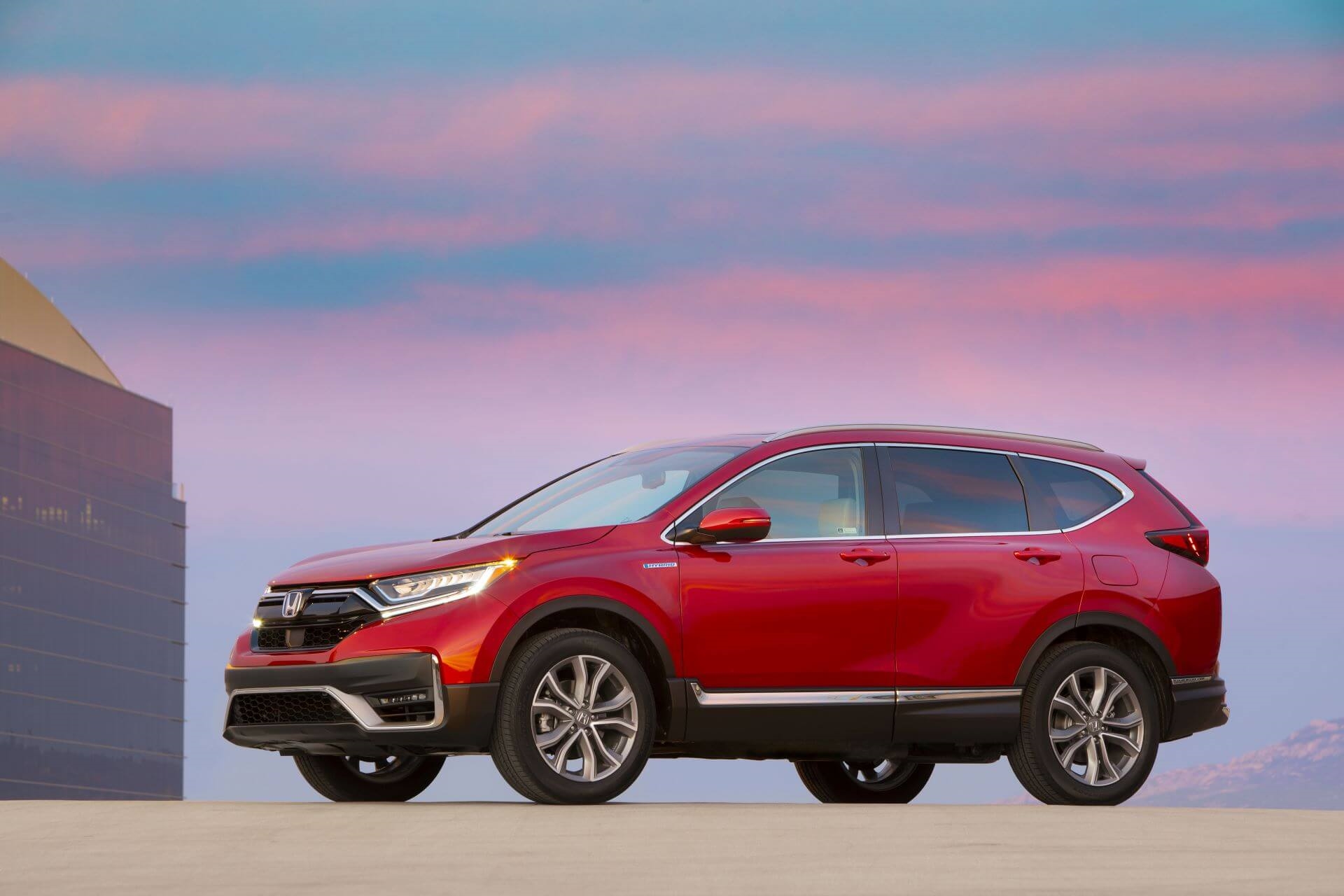
On the other side of the coin, Toyota’s reputation for Toyota reliability is well-earned and deeply ingrained in the automotive industry. The brand’s emphasis on dependability and longevity is a cornerstone of its identity, with vehicles that are clearly built to last. Outliers like the Toyota Tundra have reports of reaching 1 million miles!
Moreover, Toyota’s advanced safety features add another layer of appeal, and its leadership in the hybrid market showcases the brand’s commitment to eco-friendly technology.
With benefits like strong fuel efficiency and a diverse lineup, the Toyota car, including the popular Toyota Tacoma, continues to be a top choice for drivers seeking a worry-free ownership experience, and as a result, Toyota wins in customer satisfaction.
Cons of Toyota
Despite these strengths, Toyota is not without its drawbacks. Critics often point to the brand’s conservative styling, which may lack the flair of more design-forward competitors. The infotainment systems, while functional, are sometimes criticized for their lack of intuitiveness.
Additionally, certain Toyota models fall short in terms of cargo space and interior roominess, and the driving dynamics, although reliable, may not offer the engagement that enthusiasts seek. Still, a used Toyota can go the distance just as well as a new one.
Lastly, Toyotas are known to take their time when it comes to adding innovations to their models. So, often times a Toyota might feel outdated when it comes to newest available features and technology other brands offer.
Visit Imperial Valley Honda to See the Honda Difference for Yourself
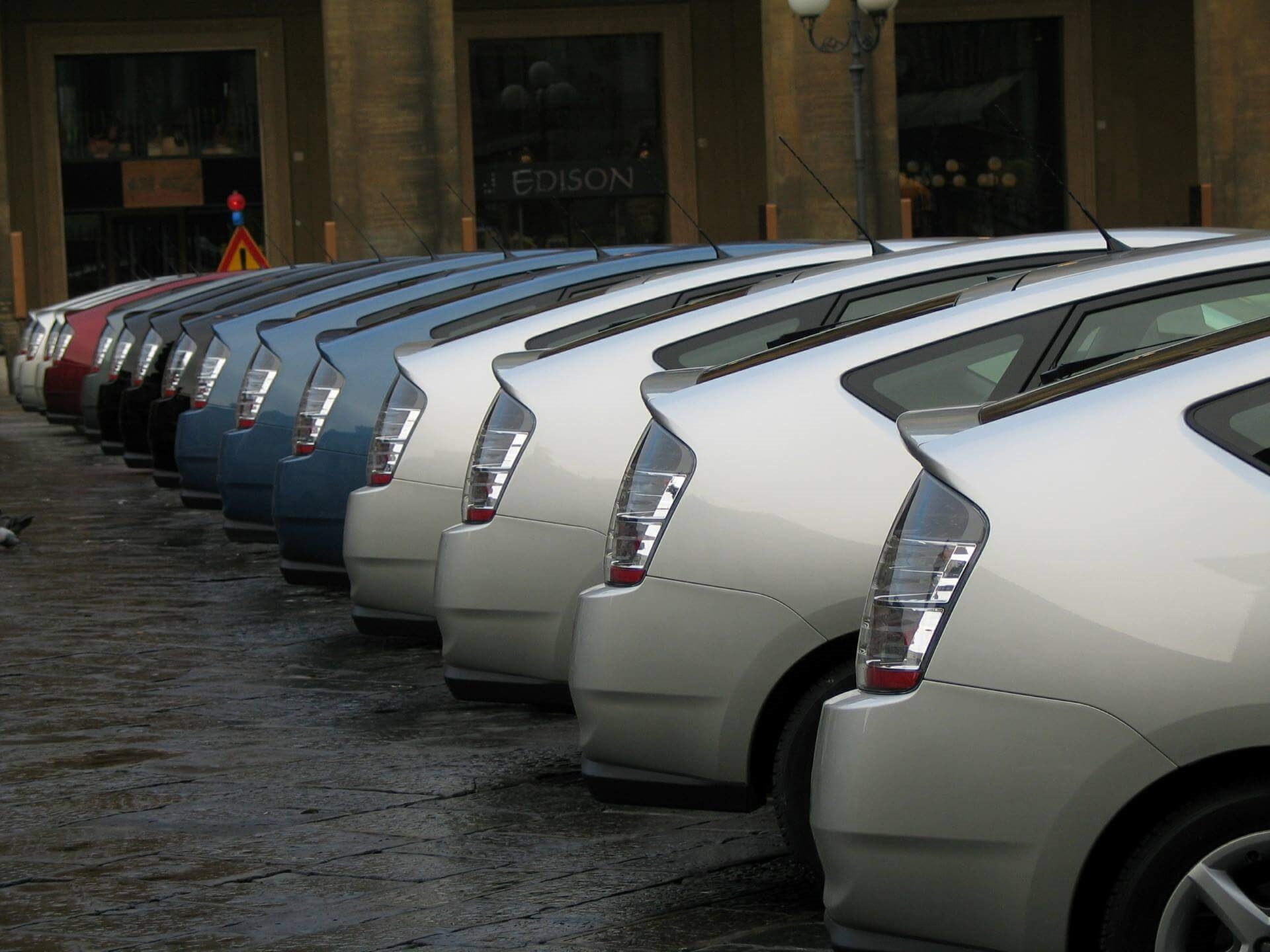
In the grand automotive chess game, Honda and Toyota continue to make strategic moves that keep them at the forefront of the industry. From Honda’s invigorating driving dynamics and cutting-edge tech to Toyota’s unrivaled reliability and hybrid leadership, each brand has carved out its own niche in the hearts of drivers worldwide. Properly and timely maintained, your Honda is likely to go as far as the most reliable used Toyota!
Oftentimes the best choice is one that aligns with your lifestyle, your desires, and your budget. Whichever path you choose, both Honda and Toyota offer vehicles that are more than just transportation—they’re a statement of your priorities on the road of life.
Ready to experience the Honda difference? Contact us to book your test drive today and discover the perfect Honda model for your lifestyle!
Frequently Asked Questions
Which brand offers better fuel efficiency, Honda or Toyota?
If you're looking for better fuel efficiency in non-hybrid models, Honda tends to offer better fuel economy compared to Toyota. However, Toyota leads in the hybrid market with a diverse range of hybrid vehicles and EVs.
Honda's Prologue has become a strong contender in the EV market, despite competition and starting after the first movers like Nissan and Tesla. So, it ultimately depends on your specific needs and preferences.
Which has better safety features, Honda or Toyota?
Both Honda and Toyota offer advanced safety features in their vehicles, with Honda's Sensing suite and Toyota's Safety Sense package. Both brands make these safety packages standard on most models!
As far as how these features help overall safety, the 2024 Top Safety Pick Awards saw Top Safety Picks for the Toyotas Prius Prime, Camry, Crown, Highlander, Sienna, Tacoma Crew Cab and Toyota Tundra Crew Cab. Honda had 5 winners overall, with 2 models, the Accord and HR-V taking Top Safety Pick +.
How do Honda and Toyota compare in terms of resale value?
Both Honda and Toyota vehicles hold their value well, but Toyotas generally retain slightly more value after 5 years compared to Hondas, making them a good choice for those concerned about depreciation.
However, brand trust matters. Hondas get attention for retaining value well, especially considering wins for the Honda Civic, CR-V, Passport and Accord from ALG awards for Best Retained Value. Honda vehicles are very close to Toyota in depreciation scores after one year ownership as well
